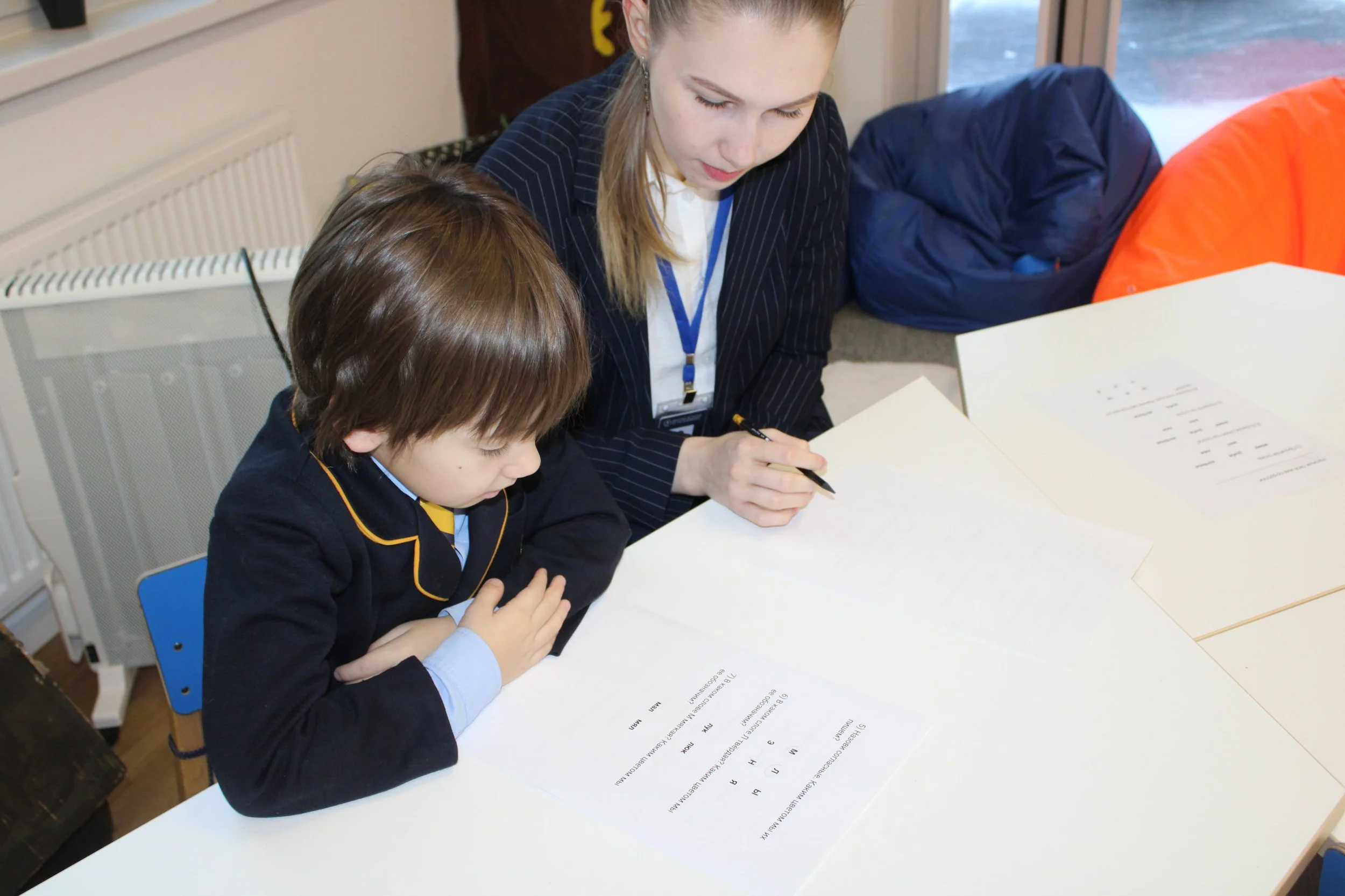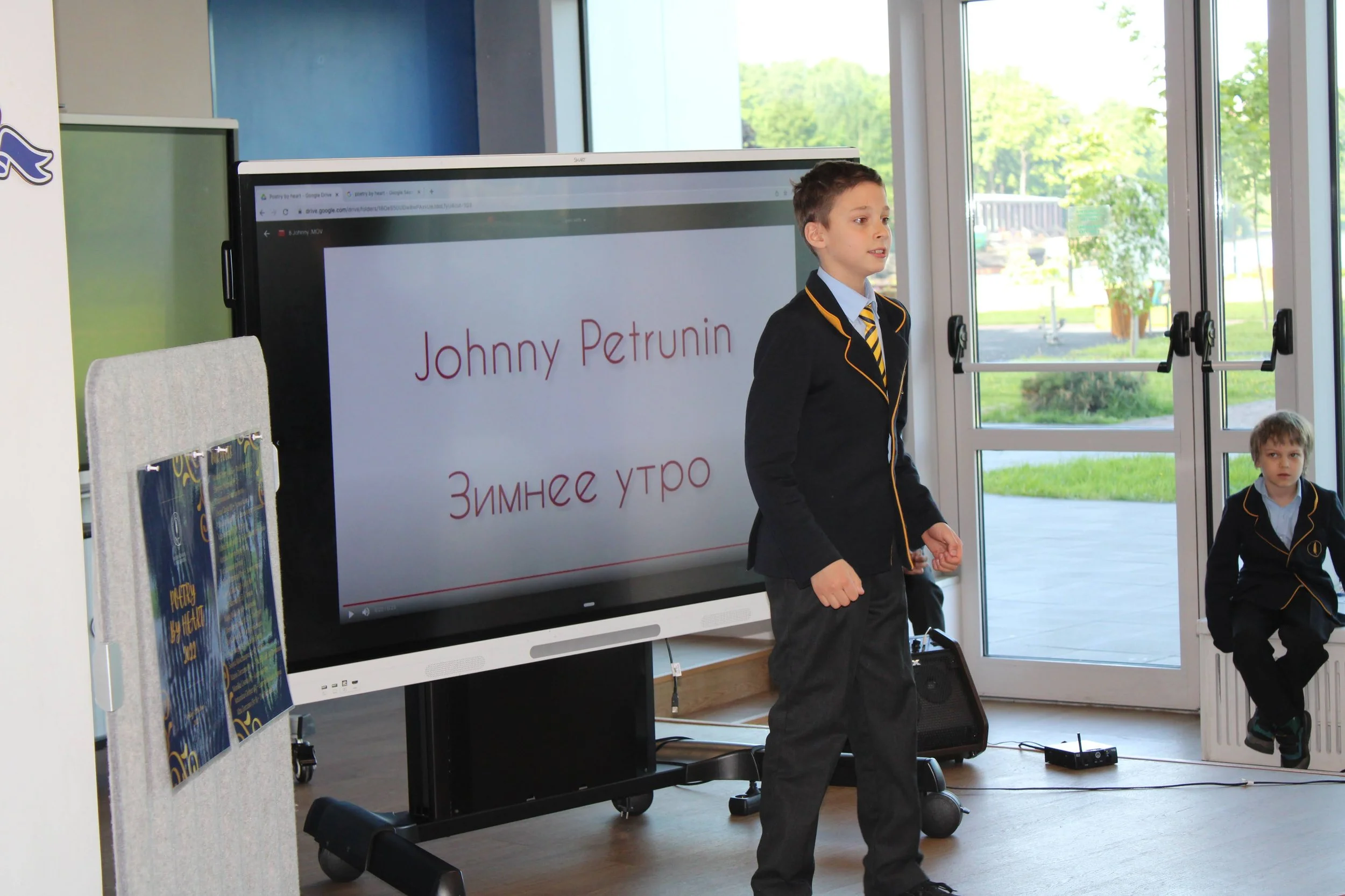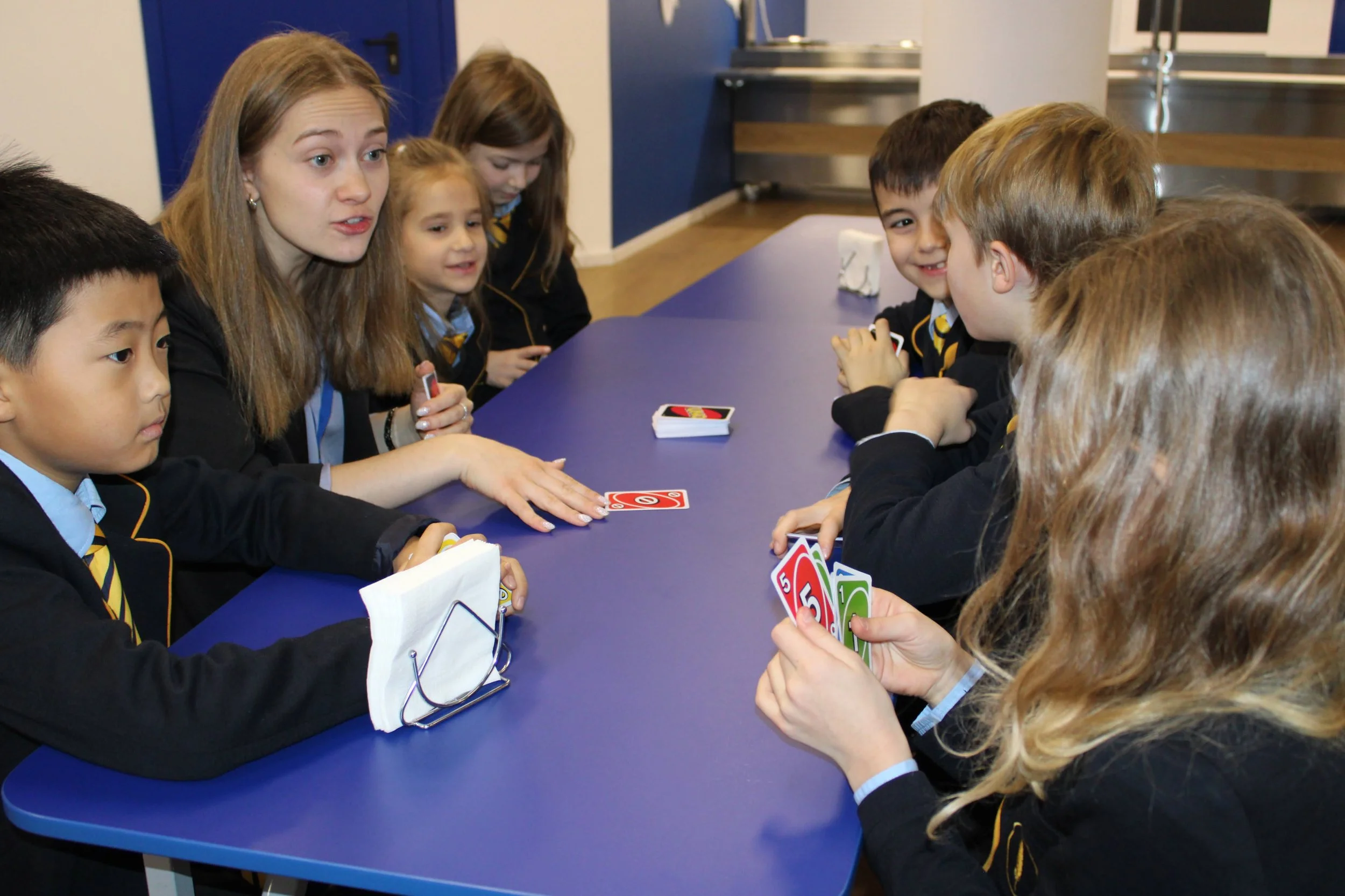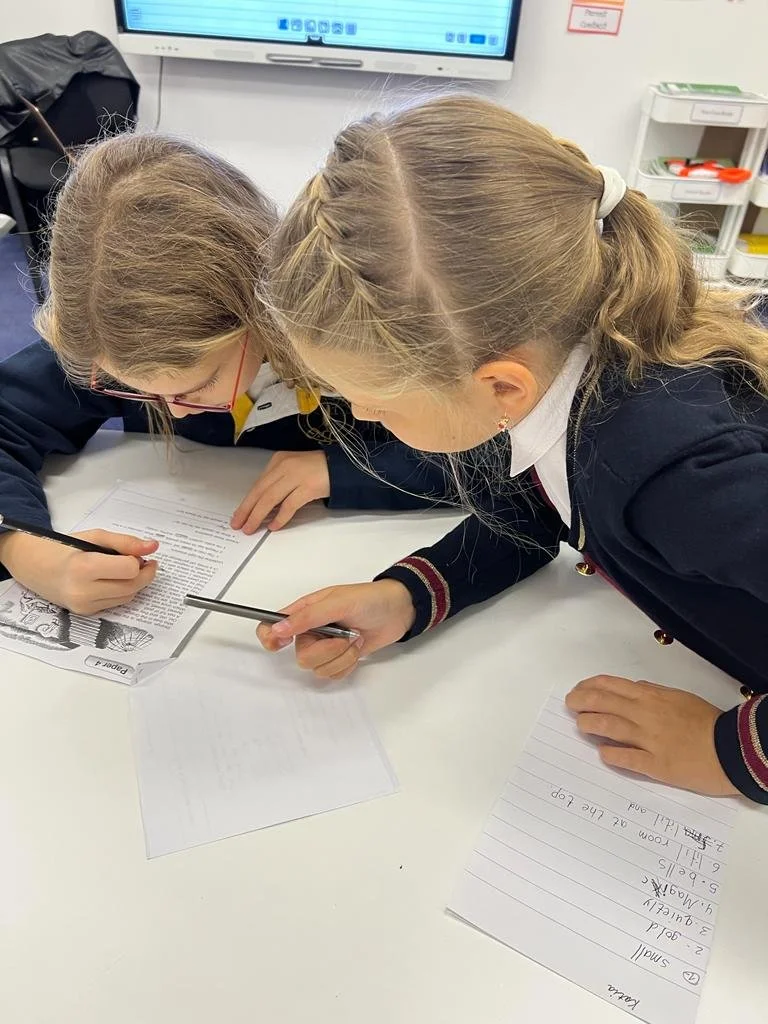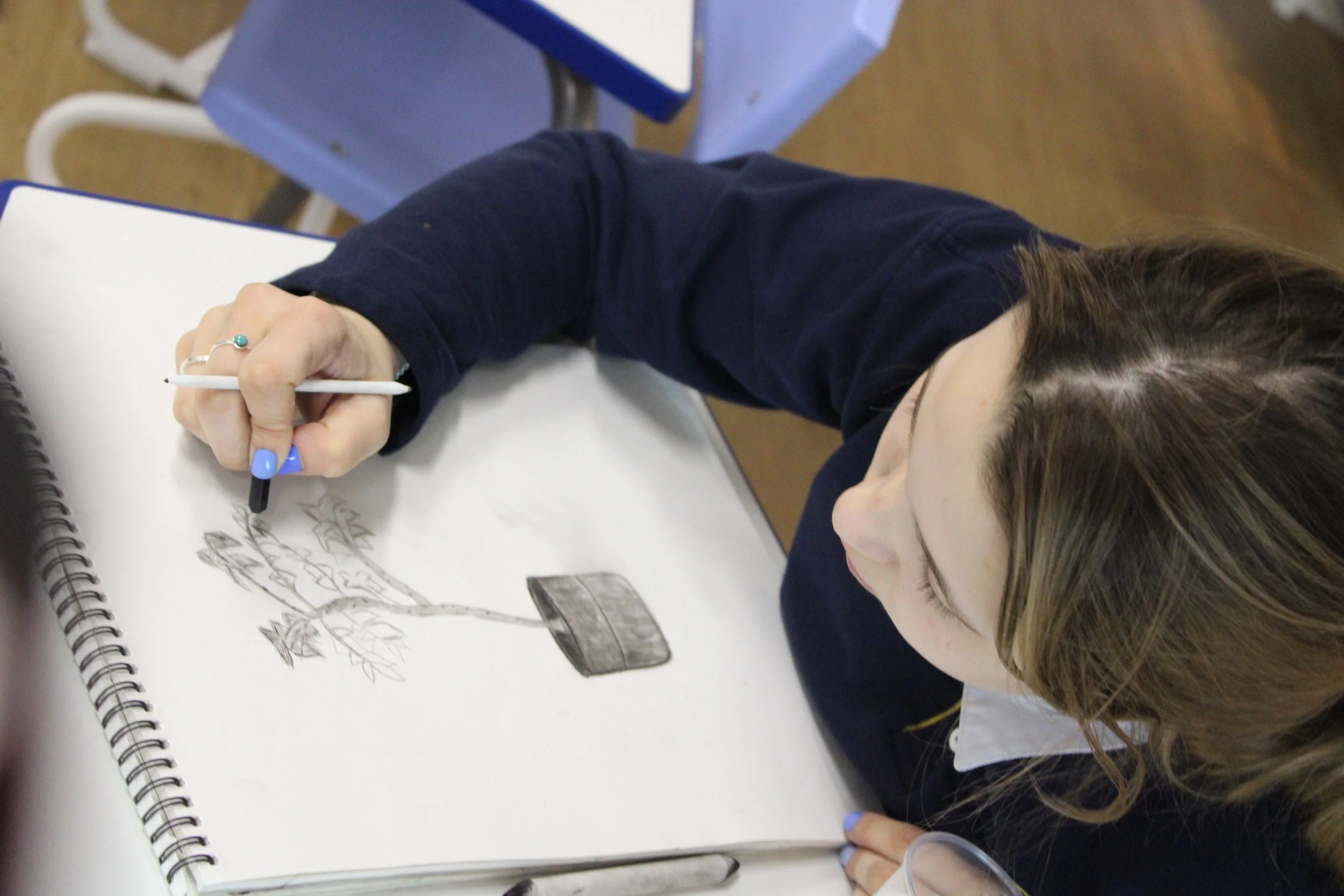The Importance of Home Reading for EAL Students
I’ve always been a strong advocate of the importance of reading at home, not just for school work, but most importantly for enjoyment. Home reading is an essential activity for all students…
THE ROLE OF LITERATURE IN TEACHING
One of the biggest parts of any culture is its language. Language stores and represents values, marks some words as positive, some as negative. Some experts claim that language dictates the very way of our thinking, hence the differences in ethnic mentalities. It is very important to implement this information into teaching in a smart way. That’s where literature comes into play.
Understanding Children’s Emotional Needs
When thinking about the emotional needs of a child, love and affection are the first parts that come to mind. Meeting the emotional needs of a child helps both teachers and parents raise competent and capable children; children who feel accepted and loved for exactly who they are.
What Makes a Language?
When a teacher of a foreign language teaches their subject, they focus on basic language skills - reading, listening, writing and speaking. Whether a student learns Russian, English or French their ability to speak and understand a foreign language is based on these four areas. But are they the only components of a language? The truth is that what is equally important is the culture of the country.
The Future is in the Past
Currently, we know more about Space than the deep-sea, who knows, the next Jacques Cousteau or Sylvia Earle might be in my class, listening intently, waiting for their time to explore. As Maui said in the movie Moana; “you can only know where you’re going by knowing where you’ve been” and this is true. To be able to share this with children, show them that history impacts our everyday lives and how important it can be, is truly humbling.
Why Participate in Olympiads?
The Olympiad as a competition has been known since time immemorial and not only in sports, but "mental competitions" too. Poetry, music, these were as important for the Greeks as the javelin and boxing. So, what is the benefit of such intellectual games? And are there any specific, effective ways of preparation for it?
Curriculum
What we teach in school should be relevant. Regardless of the curriculum being taught, you want students to be able to transfer their skills. By providing them with experiences inside the classroom that are authentic, meaningful and real, they are able to relate these concepts to what they see and do.
Have You Heard of Arkhangelsk?
Have you ever heard of Arkhangelsk? Do you think you’d be able to locate it on a map? Are you aware that the city was once more important than Saint Petersburg? (Actually, when Arkhangelsk was one of the most prosperous cities in Russia, Saint Petersburg didn’t even exist, but that’s another story entirely.)
So, why are we talking about this northern Russian city anyway? Well, during the first term, students from Year 6 to Year 9 go on a historical/geographical field trip and this year the idea of going to Arkhangelsk seemed to be best…
The Importance of Using Realia in the Classroom
What is realia you may ask? Realia are real-life objects that enable children to make connections to their own lives, as they try to make sense of new concepts and ideas. In other words, realia are everyday objects, such as toothbrushes and magazines, money and plants, items used in the classroom to enhance students’ understanding of the target language and what their learning means in practice.
Growth Mindset
School gives you the opportunity to learn, a lot. Maths, English, history and science are obvious examples, however, one of the most important things that children learn at school is how they feel and the ability to understand their emotions.
Little Heroes
The Russian language is considered to be one of the hardest to learn, especially according to researchers of English speaking studies. Based on 70 years experience of teaching a wide range of languages to thousands of students, the Foreign Service Institute has been able to categorise languages according to the average amount of time it takes students to reach “Professional Working Proficiency”.
Why We Have Instrumentals Lessons At BSSP
Growing up, your mum told you to practise the piano. When you asked why, she would either say, “Because it’s good for you!” or, “Because I said so!” Perhaps this led to you feeling frustrated and eventually giving up the instrument. It’s a common occurrence. Now that you’re older, you know that playing an instrument might be fun, but you can’t come up with a compelling reason why it should take away time from other important things.
‘To have another language is to possess a second soul.’
For me learning languages was always more than an exercise at school, it was more about exploring the world, its edges and to start understanding people. However, at first I never realised it was about exploring another me. It may sound ridiculous, but when I speak one language I differ from the me that speaks another. Sometimes I feel that I live several lives with different mindsets.
Mnemonic Techniques in Learning Russian
Learning the Russian language can be a very tricky task. The Russian lexis is vast, extremely diverse and has a long story that is reflected in each word; syntax is complex, with many types of predicates that could be conjugated with only specific grammatical forms of subjects and, at times, the differences are so subtle that they become hard to explain. Grammatical gender is something non-native speakers may struggle with for a long time since the only way to tell masculine and feminine words apart is by looking at the ending of a word, which sometimes may be the same like in “мама” (mother) and “папа” (father). However, the true horror is Russian grammar.
What is it like to be a Costume Designer?
There are a lot of differences between costumes for theatre and for the cinema, but the main difference is that we can add a lot of details in films as the camera work will pick up these subtleties, whereas for the theatre we need to make the costumes a lot brighter so that the people in the last row can see the actors.
Beginning to Read
Parents play a crucial role in fostering children’s reading development. It helps if parents recycle the words that their children have learnt from school in their daily conversations. It also helps if parents read, with their children, stories that have been encountered in school.
When Will I Use This in Real Life?
A question as old as time in a classroom and probably the most frequently asked, “When will I use this in real life?” And then its counterpart “Why do I need to know this?”. It can be hard for students to equate what they learn in the classroom to real life situations. It’s hard to understand why we learn geometry in mathematics when we aren’t presented with an application of when we will use it later in life.
Broadening Minds, Making Friends and Learning Life Skills.
At the museums and attractions, the guides and staff at each one commented on how well behaved and polite our students were. This is amazing to hear as their teacher and fantastic for making the school look good to others outside of St Petersburg, however, it also requires the students to use skills they evolve in school without realising it. By acting politely and inquisitively and holding conversations with adults, they start to build those skills that, when they reach the world of work, they will use all the time.
Practitioners
One of the reasons I became a teacher was the innate drive to know more. I wanted to explore with my five senses and share this with students, give them the same feelings of awe and wonder and the various ways that this can be achieved through reading books, getting lost in a wormhole on hyperlinks on Wikipedia, discussing ideas amongst peers and travelling the world to broaden the sense of what is out there beyond the boundaries of a country and its culture.
Student Council
At BSSP, each year every class appoints a member to join the Student Council. It's a role that requires responsibility, one that can really promote positive changes throughout a school.




